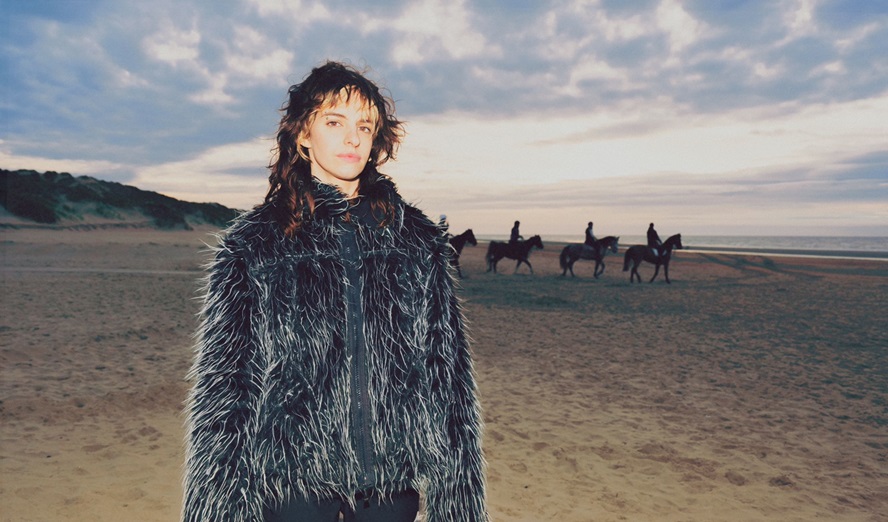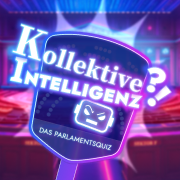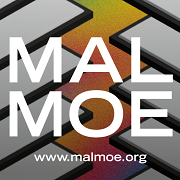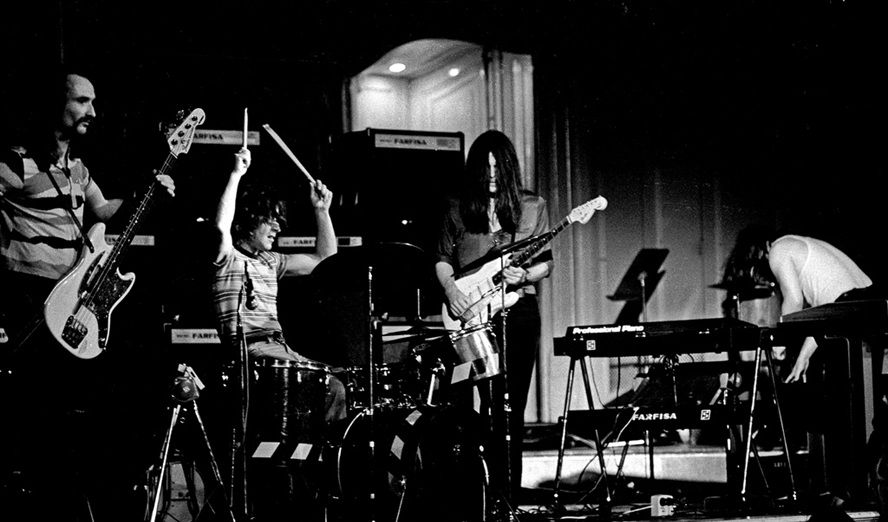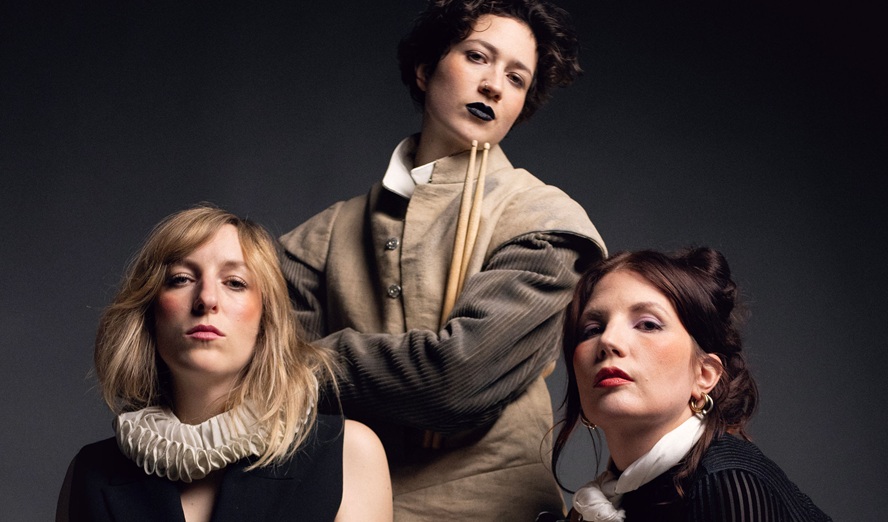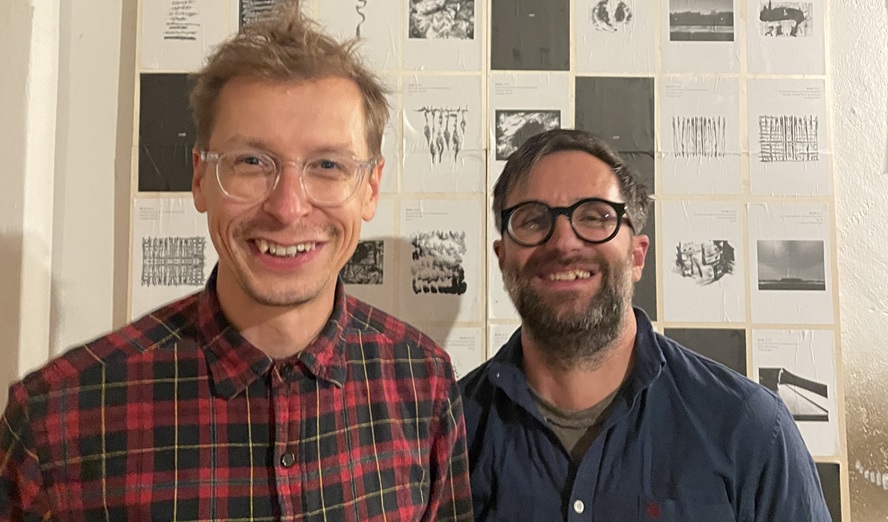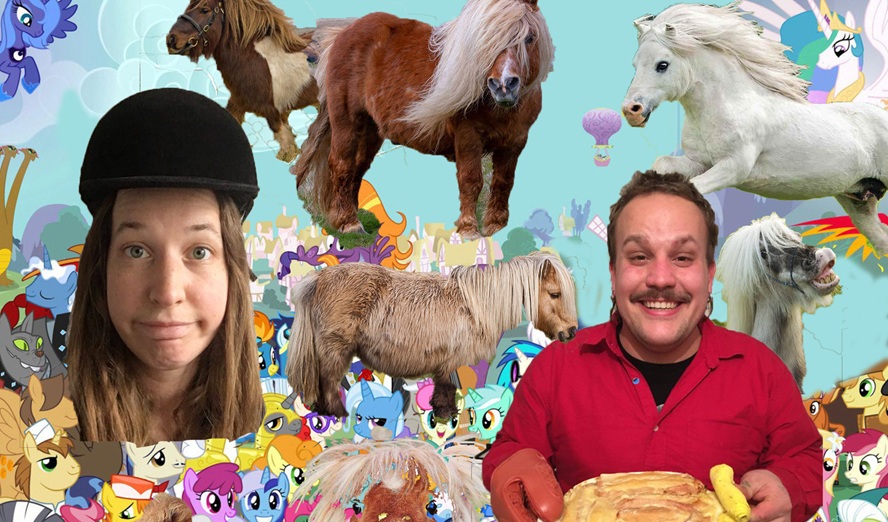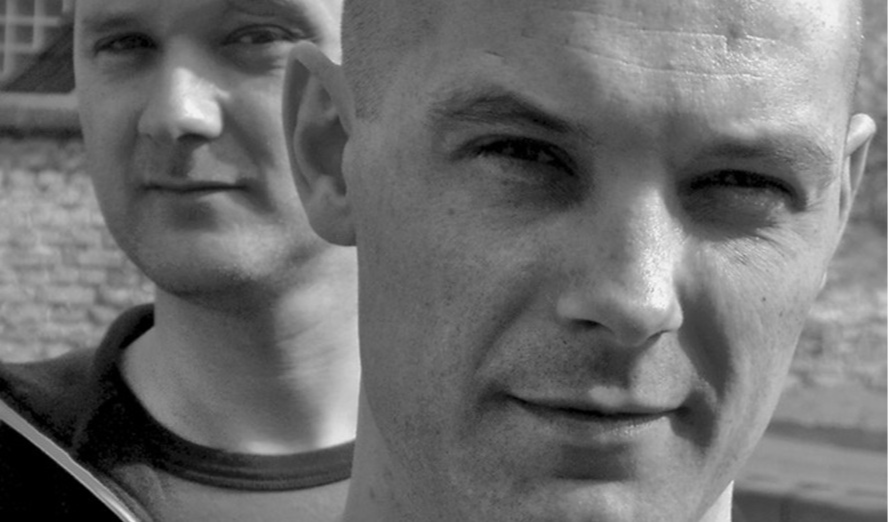»Piffiverse« is marked by its contrasts; it has a clear and clever production which could appeal to a big audience, but at the same time, the music on this 5-track EP is very personal to almost intimate, and raw. Earlier this year, the book »Depeche Mode – A cult band for the mainstream« came out. Basically, you could say the same thing about Piffy: It’s cult for a mainstream audience, for people who like FKA twigs or Caroline Polachek. EP out now on Gekkieess.
skug: Can you start by telling me a bit about yourself: what’s your real name? How old are you? Where are you from?
Piffy: My name is Stien, I’m 29 years old, and I live in Antwerp, Belgium.
»Piffiverse« is your first EP. Why did you choose to release an EP instead of a full album? Do you think an EP is a good introduction?
I released the EP independently, and since I was working with a tight budget, an EP made more sense than a full album. More than anything, I felt ready to share the music I had. I’d already performed live but didn’t have anything released, so this was a way to get my sound out there. I think an EP is a great introduction – it’s compact, yet gives a clear sense of who I am as an artist, while leaving room for more growth.
Did you make this EP at home or in a studio? Can you walk me through the recording process? How do you remember it?
The EP was a mix of both home and studio recordings. I worked closely with Aram Santy, who is an amazing producer and audio engineer. We’ve been collaborating for over seven years now, and we’ve developed a really strong working dynamic. Aram has this incredible ability to create tight, fresh beats that perfectly complement the melodies and lyrics I come up with. So, for this EP, we did part of the production in his home studio, which gave us a lot of flexibility and freedom to experiment.
Interestingly, a lot of my vocals were recorded at home, just using my laptop. In fact, many of the final vocals you hear on the EP were actually the demo recordings. There’s something about the rawness and immediacy of those demo takes that just worked. Surprisingly, the MacBook microphone suited my voice really well, and it captured a certain emotional quality that I didn’t want to lose by re-recording them. I love how demo versions often carry an extra layer of vulnerability and melancholy, which can be hard to recreate later.
The recording process was long and required a lot of dedication. We spent countless hours refining each track, experimenting with different ideas, and tweaking the production until it felt just right. It wasn’t always easy; it’s not like we were just recording an acoustic guitar and vocals. Pop music, especially the kind I make, requires a lot of technical precision, layering, and focus. Sometimes it felt like I was in a constant battle with my own attention span! But looking back, I’m really proud of the work we put into it. We also worked at Trix in Antwerp, where I was an artist in residence, and that provided a great creative space. The process was tiring at times, but it was also deeply rewarding.
What kind of EP did you want to make with »Piffiverse«? Did you have a specific plan in mind?
I didn’t go into it with a fully formed plan or concept in mind, at least not consciously. I think that’s part of what made the creative process so interesting – it was very organic and intuitive. I just wanted to write music that felt honest and fun, and that captured the way I experience the world. But as the project evolved, I started noticing certain themes emerging, almost as if they were revealing themselves to me after the fact. There’s this sense of duality that runs throughout the EP – black and white, good and evil, light and dark. It reflects the way I often view things in extremes, and I think that comes across in both the music and the lyrics.
There’s also this playful, almost childish layer that sits on top of everything, which contrasts with some of the deeper, more serious undertones. In a way, the EP is a reflection of how I navigate life – embracing both the silly and the serious, the light and the heavy. What’s interesting, is that after we finished most of the songs, I was diagnosed with bipolar disorder. Looking back, I realize that a lot of the themes in »Piffiverse« make sense in light of that diagnosis. The push and pull between different emotions, the tension between opposites – it all feels very personal to me now, even though I wasn’t fully aware of it while writing.
If I asked you, what am I listening to when I listen to »Piffiverse«?, what would you say?
Imagine you’re dreaming about being an astronaut, and one day, you stumble upon a mysterious new planet – the Piffiverse. From a distance, it’s hard to make sense of what’s happening there. Is it chaotic? Fun? Strange? Stressful? It’s a place full of contradictions, and that makes you even more curious to explore. As you dive deeper, you start to see that what seemed like opposites at first – chaos and calm, light and dark – actually coexists in harmony. There’s a sense of balance between things that don’t quite fit together, and in that strange combination, you start to feel more comfortable.
Listening to »Piffiverse« is kind of like that. It’s a space where you can be whatever you want – vulnerable, loud, assertive, cute – without worrying about whether it all makes sense. It’s about embracing the contradictions within yourself and feeling at ease with things that don’t always add up. I know that might not be the answer you expected, but I think it’s important for listeners to interpret the music in their own way. I could give a more literal answer, but I prefer to let people discover what the Piffiverse means to them.
How do you see your future in music? What are your ambitions?
I’m really excited about where things are headed, and I feel like I’m moving at the right pace for me. I don’t want to rush anything or get caught up in expectations. I’m focusing on writing and collaborating with different artists, which is something I really enjoy. I think collaboration is such a powerful way to grow as an artist because it allows you to step outside of your comfort zone and see things from a new perspective.
As for long-term ambitions, I have plenty, but I don’t always like to talk about them in detail. I definitely see myself continuing to evolve, push boundaries, and explore new creative directions. I just want to keep making music that feels genuine to me, and if that resonates with people, then I consider that a success.
What does the name »Piffy« refer to? What does it mean, or what does it mean to you?
»Piffy« is just a fun, playful name that came to me, and I liked how it sounded. I didn’t want a name that felt too serious or pretentious – I wanted something lighthearted, almost like a character from a Pokémon game. It’s short, catchy, and a little bit silly, which is exactly what I was going for. The name doesn’t have a deep meaning; it’s more about the vibe it gives off. To me, »Piffy« represents a playful, quirky energy that fits with the music I make. It’s about not taking things too seriously and enjoying the weirdness of it all.
